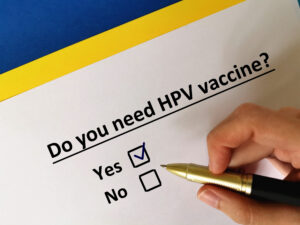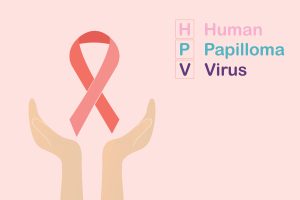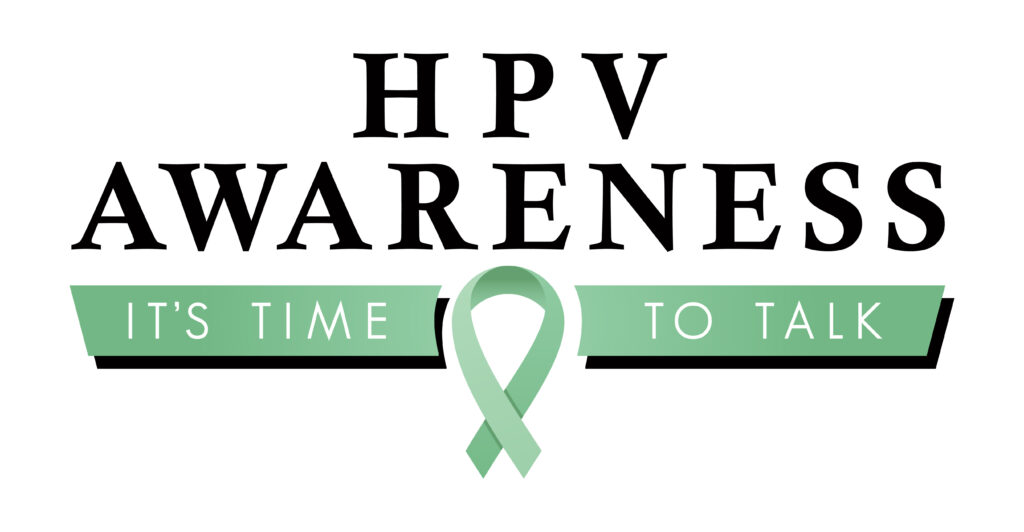January is HPV Cervical Cancer Awareness Month, and I want to take a moment to talk about a topic that affects us all. As women, it’s especially important for us to understand the risks associated with the Human Papillomavirus (HPV) and know how to protect ourselves.HPV is responsible for more than 90% of anal and cervical cancers, about 70% of vaginal and vulvar cancers, and more than 60% of penile cancers.

How to Protect Yourself
One of the best ways to protect ourselves from HPV is to get vaccinated. The HPV vaccine, known as Gardasil, has been available for over a decade and is a safe and effective way to protect against several types of the virus. Originally, the vaccine was recommended for girls and boys starting at age 9, and covered ages 9-26. However, the age range has now been extended to cover up to age 45, recognizing the importance of reducing the risk of HPV and cervical cancer.
In addition to getting vaccinated, regular cervical cancer screenings, such as Pap tests and HPV tests, can also help detect the virus early and prevent it from developing into cancer. A Pap smear, or Pap test, is a simple procedure that can detect abnormal cells in the cervix, which can lead to cervical cancer if left untreated.
It can be easy to put off these important screenings and vaccinations, but the truth is, by taking these simple steps, we can help protect ourselves from HPV and reduce our risk of developing serious health problems

Prioritize Your Health
So let’s make this HPV Cervical Cancer Awareness Month a time to prioritize our health and take action. Get vaccinated, schedule your Pap smear, and spread the word about the importance of protecting ourselves from HPV. Together, we can fight against this common virus and reduce our risk of developing cervical cancer.
For more resources: https://www.cdc.gov/vaccines/vpd/hpv/hcp/resources.html


